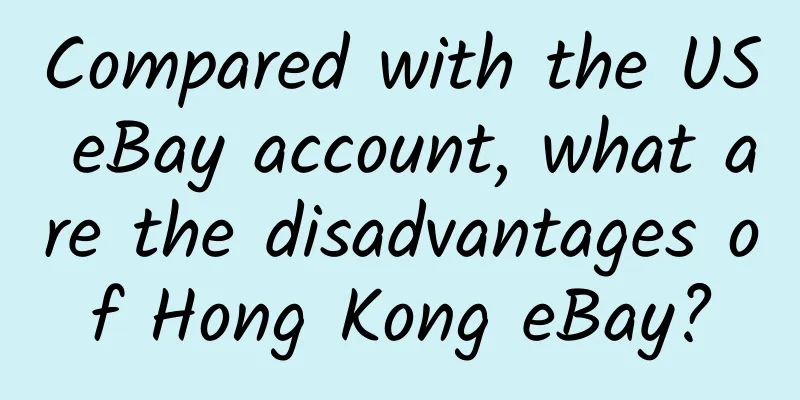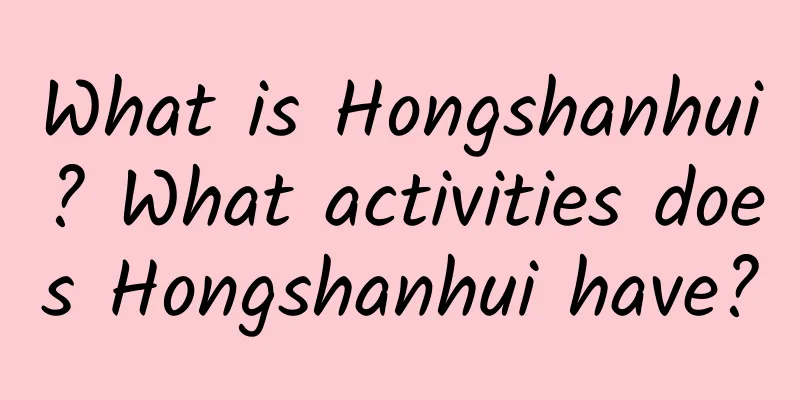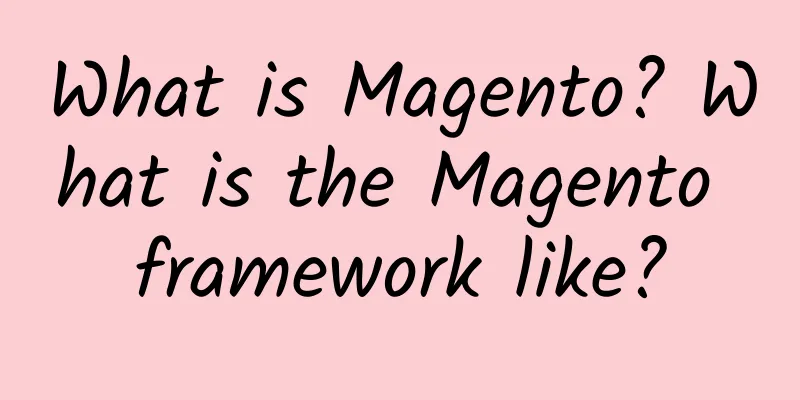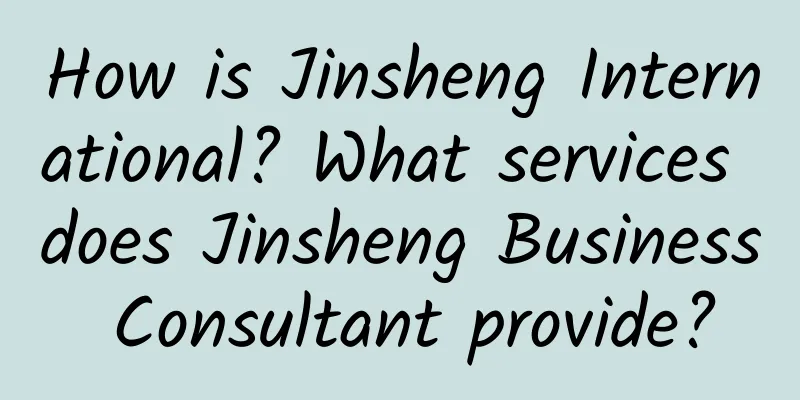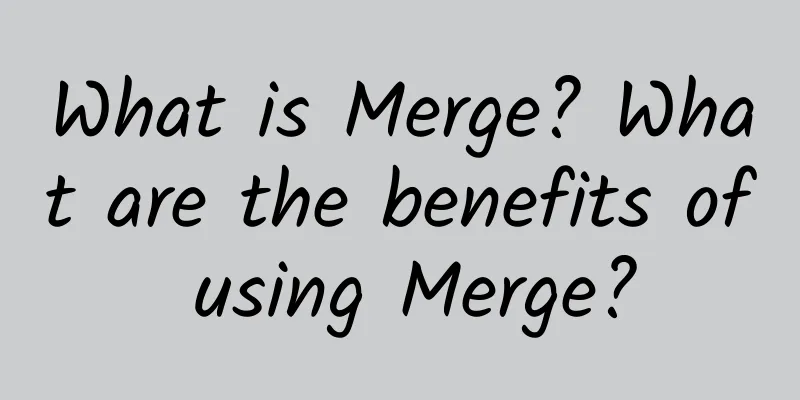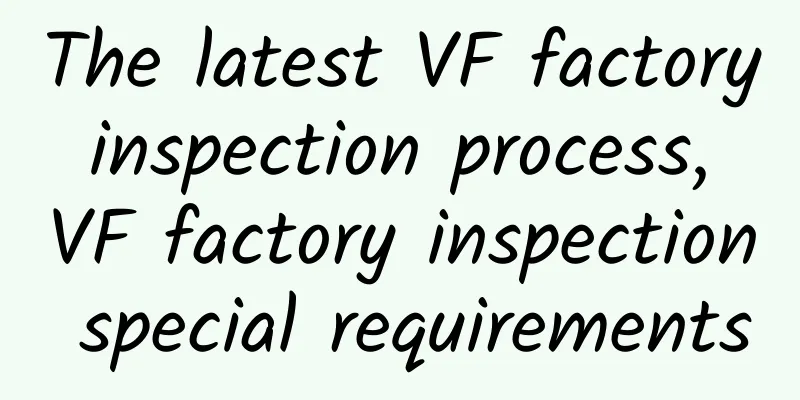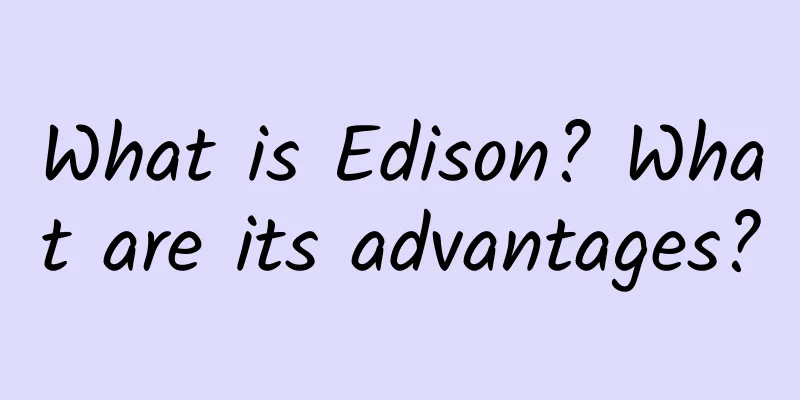Chinese toy manufacturers say "no" to ICTI factory inspections
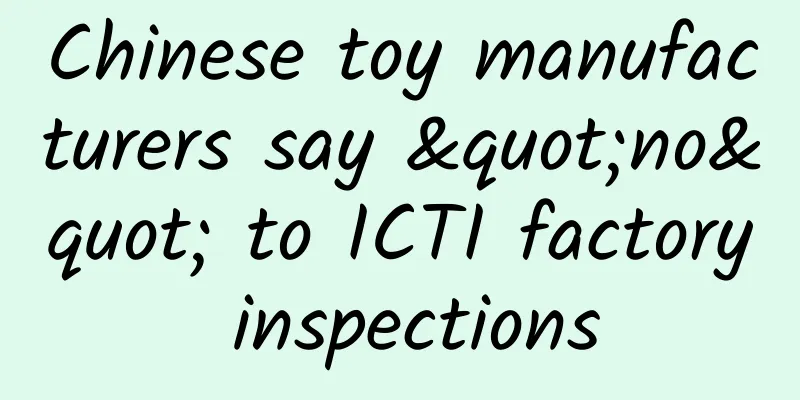
|
Guangzhou, April 9 (Xinhua) -- Following accusations from Hong Kong civil society organizations, the International Council of Toy Industries (ICTI) "CARE" program review is facing an unprecedented credibility crisis in the Chinese toy industry. In Guangdong, the world's largest toy manufacturing base, more than 800 Chinese toy manufacturers used the 23rd Guangzhou International Toy and Model Fair to speak out, accusing the audit agencies and auditors of various "misconducts." "The ICTI Care Program audit has now largely become a sword of justice for multinational audit agencies and auditors to obtain personal gains in disguise," said Li Zhuoming, executive vice president of the Guangdong Toy Association. The ICTI "CARE" program stands for "Care, Awareness, Responsibility and Ethics" and is designed to ensure that toys are produced in a safe and humane environment. Li Zhuoming revealed that since more than 80 percent of Chinese toys are exported to the European and American markets, currently only Chinese factories are required to obtain audits from third-party auditing agencies recognized by ICTI to demonstrate that the factories have complied with relevant codes before they can export to the European and American markets. A questionnaire survey report from the China Toy Association shows that the ICTI "Care" program audit has deteriorated since its operation, and has become a "shackle" for ICTI and international audited factories to extract benefits from manufacturers. "We in the industry have summed up the seven deadly sins of ICTI's 'Care' program audit," said Li Zhuoming. These include seven major "misconducts": auditors imagining the company as the opposite, deliberately finding faults in order to charge high fees or seek personal gain, unclear standard clauses, infringement of trade secrets, deliberately guiding employees to give answers that are unfavorable to the company, auditors having too much power and no supervision, and excessive audit fees. Yang Xushun, business manager of Shuangma Toys, a toy manufacturer in Chenghai, Guangdong, revealed that the factory spends up to 200,000 yuan on audits each year. "Foreign certification bodies have thousands of audit standards, and it has become an open secret that auditors demand bribes. In order to pass the audit, companies have no choice but to pay bribes," he said. In fact, many Chinese toy export companies have been "demanded for benefits" by audit companies, either explicitly or implicitly, but they have to swallow their anger and dare not speak out because they are worried about not passing the audit. Li Zhuoming said that he "spoke for the companies what they dared not say." Lin Runtao, regional manager of Rongjun Toys Industrial Co., Ltd., which mainly produces anime-derived toys, complained: "Since ICTI has lobbied major international toy buyers to use whether a factory has passed the ICTI "Care" certification as a purchasing standard, it is difficult for manufacturers to get orders if they fail to pass the audit company's audit." According to Chinese toy manufacturers, a year ago, Sunshine Plastic Factory, a Hong Kong company located in Shenzhen, was subjected to a series of "retaliatory audits" because it refused bribery requests from an auditor from an international audit and certification company and an audit consulting company with which it had an "ambiguous relationship". After failing four audits, the factory was on the verge of bankruptcy due to a reduction in orders. "Many product reviews in the United States rely on industry self-discipline," Jeffrey Ho, Asia-Pacific director of the U.S. Consumer Product Safety Commission, told Xinhua reporters at the exhibition. "But the review of toys and infant products is subject to federal standards and is mandatory. We will work with international industry organizations to develop corresponding standards in a direction that is beneficial to consumers." A reality that cannot be ignored is that the audit companies approved by the International Council of Toy Industries are almost all European and American multinational audit and certification companies. According to the official website of ICTI, the audit companies approved by the "Care" program currently include ITS, BV, LW, SCSA, SGS and other multinational quality and safety service companies. The Guangdong toy industry almost unanimously agrees with the accusation by Hong Kong non-governmental organizations that ICTI "is always making strict demands on manufacturers without supervising buyers to purchase goods at reasonable prices to ensure that factories can give workers a living wage rather than a survival wage." Lin Liujie has been engaged in the foreign trade of electric toy cars for more than 20 years. A remote-controlled racing car can be sold for 30 to 40 US dollars in the US market, but the price sold from his factory to US buyers is only 10 US dollars. "We admit that there are still some environmental and safety issues in the factory, but the crux of many of the problems is indeed the chain reaction caused by the low prices given by buyers," said Xu Songhui. "It's like the Chinese proverb, 'You want the horse to run, but you don't give it grass to eat.'" It is worth noting that a number of third-party audit and certification agencies are emerging in China that have obtained recognition from European and American consumer safety committees and international industry associations. Liu Daoliang, senior manager of the toy division of Shenzhen-based China Testing International (CTI), said: "The rise of Chinese audit and certification agencies will break the monopoly of European and American agencies on export audit and certification, and help promote fairness and justice in audit and certification." "A 'caring' procedure originally intended to protect workers' rights has been used by the auditing agency to make a lot of money under the guise of a noble cause," said Cui Xinxiang, president of the Guangdong Toy Culture and Economic Development Research Association. "The International Council of Toy Industries must conduct a comprehensive review of relevant standards and auditing agencies in order to regain the industry's recognition and trust." |
<<: China responds to accusations in 2010 U.S. human rights record
>>: EICC certification confirms that HC Starck uses only raw materials from conflict-free areas
Recommend
HiggFEM has been revamped! What are the changes?
HiggIndex is a learning tool for small and large ...
FAQ about eBay payment collection? Students who have questions about eBay payment collection can take a look here~
As one of the four major cross-border e-commerce ...
How to optimize eBay listings?
Many eBay sellers may think that as long as they ...
ADIDAS factory inspection FAQ: working hours and insurance
Working hours requirements: Adidas factory inspect...
What is FlatIcon? What are the functions of FlatIcon?
The icons included in FlatIcon are all monochrome...
How is Qianli Niao Logistics? What services does Qianli Niao provide?
How about Qianli Bird Logistics? Shenzhen Qianli ...
bKash--Financial services from Bangladesh
bKash is a mobile financial services company in B...
FAQ about BSCI certification
FAQ about BSCI certification Q: What is BSCI cert...
Popular Science | This article will help you understand carbon certification (ISO14064)
Background: Why was the ISO14064 standard establi...
Analysis of eBay's advantages and disadvantages, eBay's practical information!
eBay sellers who want to make money on eBay in 20...
What types of Yahoo stores are there?
What types of Yahoo stores are there? Simple vers...
What is Hongshanhui? What activities does Hongshanhui have?
What is Hongshanhui? Hongshanhui was established ...
Cross-border e-commerce has become a new driving force for Tianjin's foreign trade transformation and upgrading
Cross-border e-commerce has become a new highligh...
Marketplace Growth--"One-to-one service for sellers"
Many sellers on the Amazon platform send question...
What is Aimai.com? What services does Aimai.com provide?
Aimai.com is a domestic website for overseas shop...

